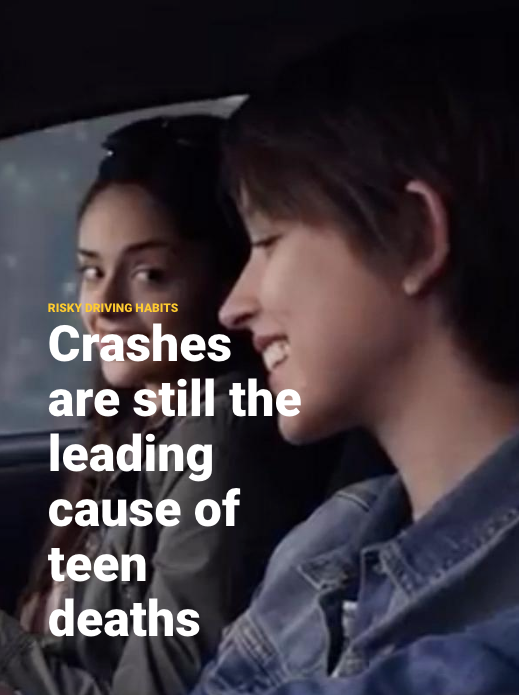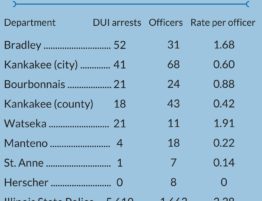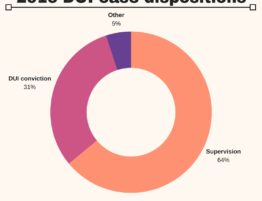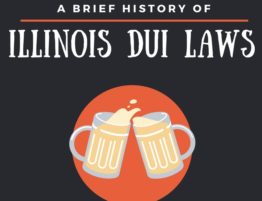
Thanksgiving is around the corner and that means “Blackout Wednesday” is, too. That’s when new college students get together with friends back home and, well, drink excessively.
Considering that around 40 percent of all fatal crashes in Illinois are alcohol-related, that nearly 40,000 people statewide are arrested for driving under the influence each year, and that auto crashes is still the No. 1 killer of teens, it’s a good idea to review Illinois’ driving laws. (Feel free to forward this to your teen driver!)
1. The legal limit for Illinois drivers is a blood-alcohol concentration (BAC) of .08. For drivers under 21, it’s 0.
This makes it really simple: No alcohol at any time while they might even consider getting behind the wheel. If your child needs an incentive, make sure to tell them failing to follow this law could mean no driver’s license until they turn 21, never-ending fines, and even jail.
2. Zero-tolerance goes for drugs, too, even legally-prescribed and over-the-counter drugs.
Seriously, drugs and alcohol impair driving. Newer drivers are even more at risk for underestimating the effects. That goes for OTCs. Is your young driver taking Benadryl? Offer to drive.
3. New drivers don’t have all the privileges we do.
A driver has to turn 18 before they’re allowed to drive at night without restriction, and 17 before they’re allowed to have passengers without restrictions. That means your 16-year-old driver can’t have more than one passenger under 20. And won’t be able to drive unsupervised at night between 10 p.m. and 6 a.m., Sunday – Thursday, 11 p.m. – 6 a.m., Friday – Saturday.
4. Bottom line? Set your own house rules. And, please, talk to your teen driver.
Make sure they know that calling for a designated driver isn’t a cop-out. That includes declining a ride from a friend who has been drinking. Might they get ribbed? Maybe. But avoiding risky behavior that increases the chance of dying on the roadway is a great counter-argument.
Make sure they know that they can always call for a ride and that having a designated driver can save lives. Remind them to turn down rides from friends who have been drinking and to keep the number for a taxi or a sober friend handy before they leave the house.










